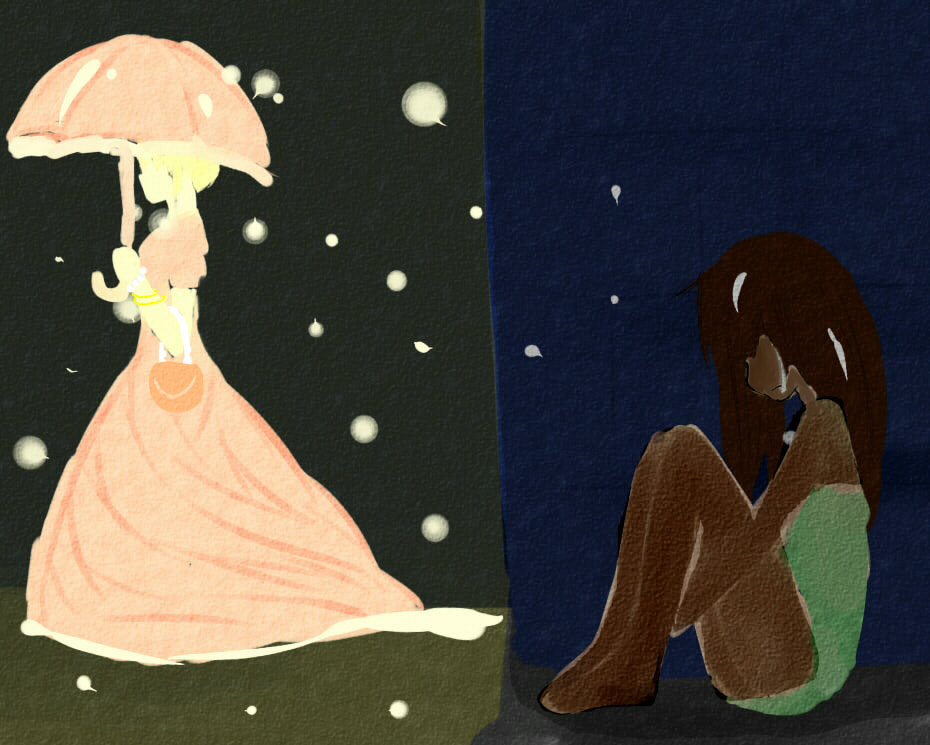Kelli Allen is an award-winning poet and scholar. Her work has appeared in Puerto del Sol, The Blue Sofa Review, WomenArts Quarterly, The Caper Review, It Has Come to This: Poets of the Great Mother Conference, Lyre Lyre, Lily, Foliate Oak, Greatest Lakes Review, Lugh Review (where she was the featured author), The Chaffy Review, Euphony, "Tea With George," and elsewhere. She is the author of two chapbooks (Applied Cryptography; Picturing What Breaks) and has served as the Managing Editor of Natural Bridge. Allen also serves as Director of Development for The Missouri Warrior Writers Project which serves United States Veterans as they attempt to tell their stories through poetry and creative non fiction. She is also the founder and director of the Graduate Writers Reading Series for the University of Missouri St. Louis. Allen gives readings and teaches workshops throughout the US.
Unsprung, On the Weak Quiver
I read The Lover the same year
my mother was institutionalized
for the second time. Marguerite Dumas
was able to state what I had long assumed
I believe that always, or almost always,
in all childhoods and in all the lives
that follow them, the mother represents
madness. Our mothers always remain
the strangest, craziest people we've ever met.
Her lines haunt and succor me
and serve to bridge the disconnection.
My mother’s interactions with my father
and me resembled dozens of balloons
forced to fly over an open sea, which left
no other option than committal. After surrendering
to the ninth move to a new state
in fourteen years, I felt little
physical disturbance in my swirl
of teen experience. A new home
held no meaning for my small family
beyond unfamiliar counter tops, oddly
shaped drains, and contortions of routine.
In a scattering of months, many someones
found me beautiful and quiet, my own
brightly painted red-purple lips always parted
just enough to invite attentiveness, or often
enough, a perverse pity. I wanted
to be the object of the Chinaman’s desire.
It would mean the passion of defense,
of constant struggle for removal,
and had the possibility of creating another
world in which I would be cherished
not for my innocence, but for my recognition of its loss.
